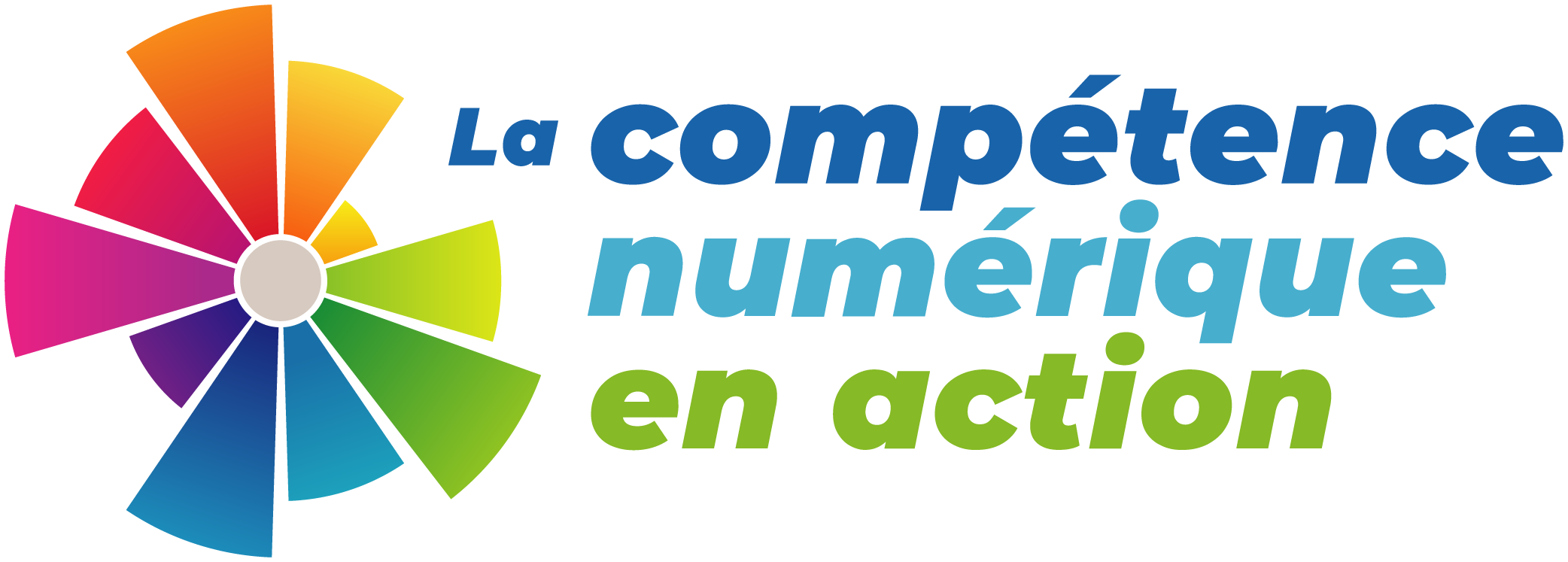Online Research: Tips for Effective Search Strategies
Learn about boolean operators.
Stay On The Path
“A series of resources that aims to promote and encourage ethical online behaviours and digital citizenship with young people.”
How Can You Burst Your Filter Bubble?
Learn about filter bubbles and finding information online.
Effective Searching with Google
Learn more about how Google works and tips and tools you can use to search.
The Advanced Google Searches Every Student Should Know
Tips on using advanced features of Google search.
The Inquiry Process, Video 2 – Search
“The second step of the inquiry process model.”
Listen, Look, and Learn: An Information-Gathering Process
“This lesson models an information-gathering process for primary learners as they listen to and look at resources, seeking information pertinent to the questions on an information wheel. “
So Many Choices
“This lesson introduces the students to the first steps in finding information on the Internet.”
Alternative Search Engines for High School Students
Learn how to use a variety of different search engines.
Tablets and The Inquiry Process Search Note Taking
“Elementary school students learn how to research using tablets and The Inquiry Process. This video shows the students using the tablets to take notes either through a diary app or using a QR code generating app.” To find the accompanying videos, type the word ‘tablets” into the seach bar.
Taking Notes for Research in Elementary School
“This video is part of the material for the plagiarism and copyright. Special thanks to the Redpath Museum for the use of their document, Sara: The Biography”
Ten Active Learning Strategies Using Word Clouds
10 ways that you can use word clouds in your classes to engage students directly in the learning process.
Writing Good Emails
“How is writing an email similar to or different from
writing a letter?”
How To Plan When You’re Searching the Internet
Suggestions “to students that they think of keywords that they would like to see on the page and shows them how to exclude unwanted websites.”
What Am I Looking for?
“A printable to help students think before starting their search process.”
What Am I Looking for?
“A printable to help students think before starting their search process.”
I Heard It ‘Round the Internet: Sexual Health Education and Authenticating Online Information
“Students learn to search more effectively online while searching myths on sexuality and contraception and then evaluate the resources found.”
Integrating Research Techniques and Technology
“Students first read graphic novels to become familiar with the text structure, then research a self-selected topic using web-based resources. Students follow the research process and synthesize the information they obtained to create their own graphic novel.”
Sharing Information about Careers with Infographics
“Students research specific careers based on their own interests and then report their findings to the class.”
Google Search Education
A variety of lesson plans, videos and activities to help develop student’s search skills.
Picture Books as Framing Texts: Research Paper Strategies for Struggling Writers
“Students will research their topic and write a report to include information concerning the five W’s (Who, What, Where, When and Why), then work together to discuss each invention and create a timeline showing the chronology of the inventions discussed.”
Travel Brochures: Highlighting the Setting of a Story
“Students create a travel brochure for locations in texts that they have read. The activity requires students to think about and collect the details mentioned in the text that should be highlighted and conduct additional research on the location as they design their own brochures.”
The Hero Project: Authenticating Online Information
“Students are introduced to Internet search skills through researching a personal hero.”
Research Building Blocks: “Organize This!”
“Students learn how to organize the information they found using sentence strips, so that they can create a plan to use their information.”
Do As I Say, AND As I Do
“The teacher will model the research process by doing a collaborative class research project using strategies to avoid plagiarism and follow copyright law.”
Investigating Animals: Using Nonfiction for Inquiry-Based Research
“Through the use of nonfiction, students can be encouraged and challenged to learn more about favorite animals and to document their findings with graphic organizers.”
Helping Your Child With Online Research
“This video is for parents and students, and will walk them through the steps that the student should take when researching information on the Internet.”
Email Writing for Students
Tips and strategies for teaching email etiquette.
Tablets and The Inquiry Process (Introduction)
“This is the first in a series of films in which elementary school students learn how to research using The Inquiry Process and tablets. This video shows the students learning how to PLAN their research. They determine what they need to know (their big question and secondary questions) as well as what they already know about their topic. Finally, they identify those keywords that they will use as search terms to get just the information that they are looking for.” To find the accompanying videos, type the word ‘tablets” into the search bar.
Research as Inquiry
“This brief mini-lecture goes over the main theme of this module, Research as Inquiry.”
Current Events and Information Literacy
“An introduction to the importance of information literacy when analyzing the news.”
The Inquiry Process Model
“A simple model to develop information literacy skills”
Educators Turn to Bitmoji to Build Community and Engagement
Learn more about using BitMoji in your classroom.










